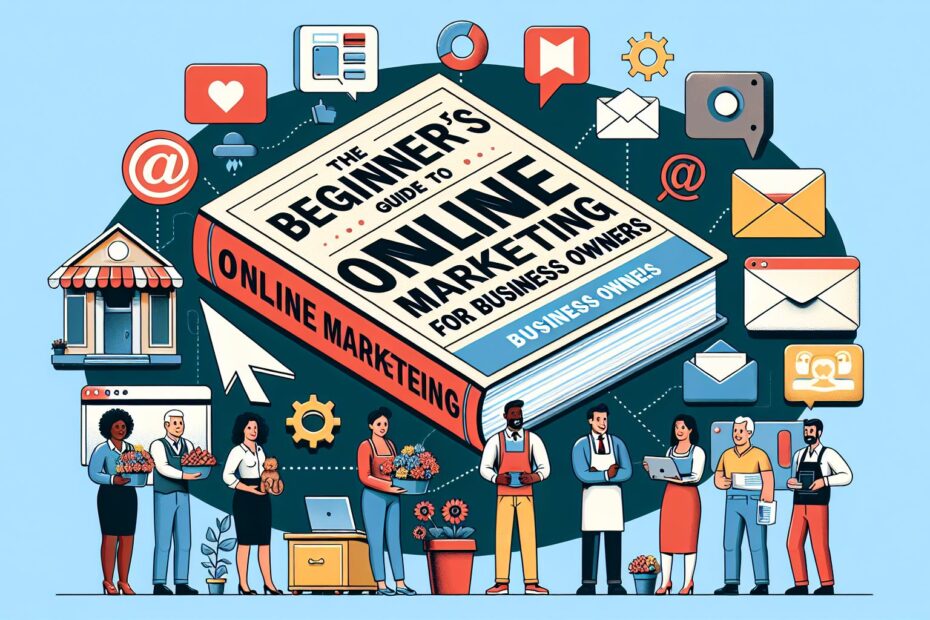Are you a small business owner looking to boost your online presence and attract more customers? In today’s digital age, having a strong online marketing strategy is crucial for the success of your business. With so many marketing options available, it can be overwhelming to know where to start. That’s why we’ve put together this beginner’s guide to online marketing for business owners.
Introduction to Online Marketing
Online marketing is the process of promoting your business and its products or services on the internet. It includes a wide range of tactics like social media marketing, search engine optimization (SEO), email marketing, and pay-per-click advertising. The goal of online marketing is to drive traffic to your website, generate leads, and ultimately increase sales.
Setting Your Goals
Before diving into online marketing, it’s important to define your goals. What do you hope to achieve through your marketing efforts? Do you want to increase website traffic, boost sales, or grow your email list? By clearly outlining your goals, you can create a more targeted and effective marketing strategy.
Creating a Marketing Plan
Once you’ve established your goals, the next step is to create a marketing plan. This plan should outline the specific tactics you will use to achieve your goals, as well as a timeline for implementation. Consider which online marketing channels will be most effective for reaching your target audience and allocate your resources accordingly.
Social Media Marketing
One of the most popular forms of online marketing is social media marketing. Platforms like Facebook, Instagram, and Twitter offer a unique opportunity to connect with your audience, build brand awareness, and drive traffic to your website. To effectively use social media for marketing, be sure to regularly post engaging content, interact with your followers, and utilize paid advertising options.
Search Engine Optimization (SEO)
Another important aspect of online marketing is search engine optimization, or SEO. SEO is the process of optimizing your website to rank higher in search engine results pages, making it more likely that potential customers will find your site. To improve your website’s SEO, focus on creating high-quality content, using relevant keywords, and earning backlinks from reputable sites.
Email Marketing
Email marketing is a powerful tool for reaching your audience directly and nurturing leads. By sending targeted emails to your subscribers, you can promote your products or services, share valuable content, and drive conversions. Be sure to personalize your emails, segment your email list, and track your results to improve your email marketing strategy over time.
Pay-Per-Click Advertising
Pay-per-click (PPC) advertising is another effective way to drive traffic to your website and generate leads. With PPC advertising, you only pay when someone clicks on your ad, making it a cost-effective marketing option for small businesses. Platforms like Google AdWords and Facebook Ads allow you to target specific demographics, track your performance, and adjust your campaigns as needed.
Measuring Your Results
Finally, it’s important to measure the success of your online marketing efforts. Use tools like Google Analytics to track website traffic, conversion rates, and other key performance indicators. By analyzing your data, you can identify which tactics are working well and make informed decisions about where to focus your marketing efforts in the future.
Conclusion
Online marketing can seem daunting at first, but with the right strategy and tools, you can effectively promote your business and attract more customers. By setting clear goals, creating a marketing plan, and utilizing various online marketing tactics, you can increase your online visibility and grow your business. Remember to regularly evaluate your results and make adjustments as needed to ensure the success of your online marketing efforts.
